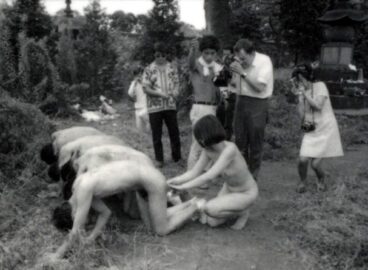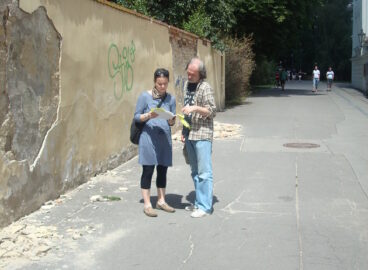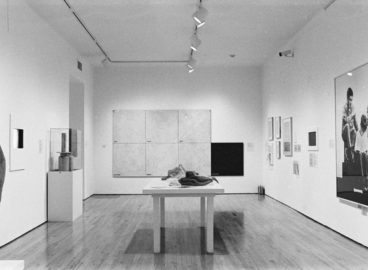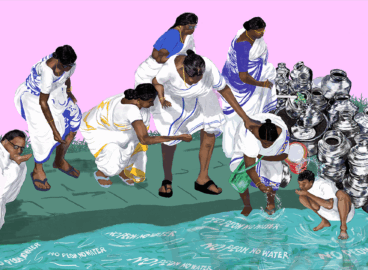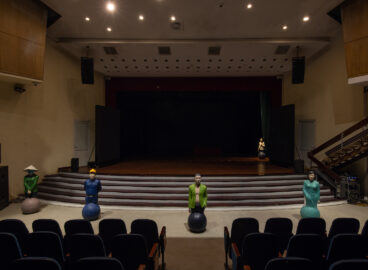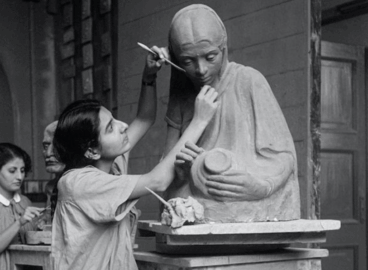As museums move to put more geographically inclusive displays on view, a tension in emphasis–between cross-geographic correspondences and local particularities–is necessarily at stake. We convened a conversation between art historian, Alexander Alberro; curator, Doryun Chong; and museum director, Edit Sasvári, each with their own regional focus, to discuss the possibility of “the global museum,” what is gained and lost in the narrative of global modernism, and how local historiographies are best constructed in relation to international narratives and histories.
post Presents: Curating Multiple Modernities
July 2, 2015
